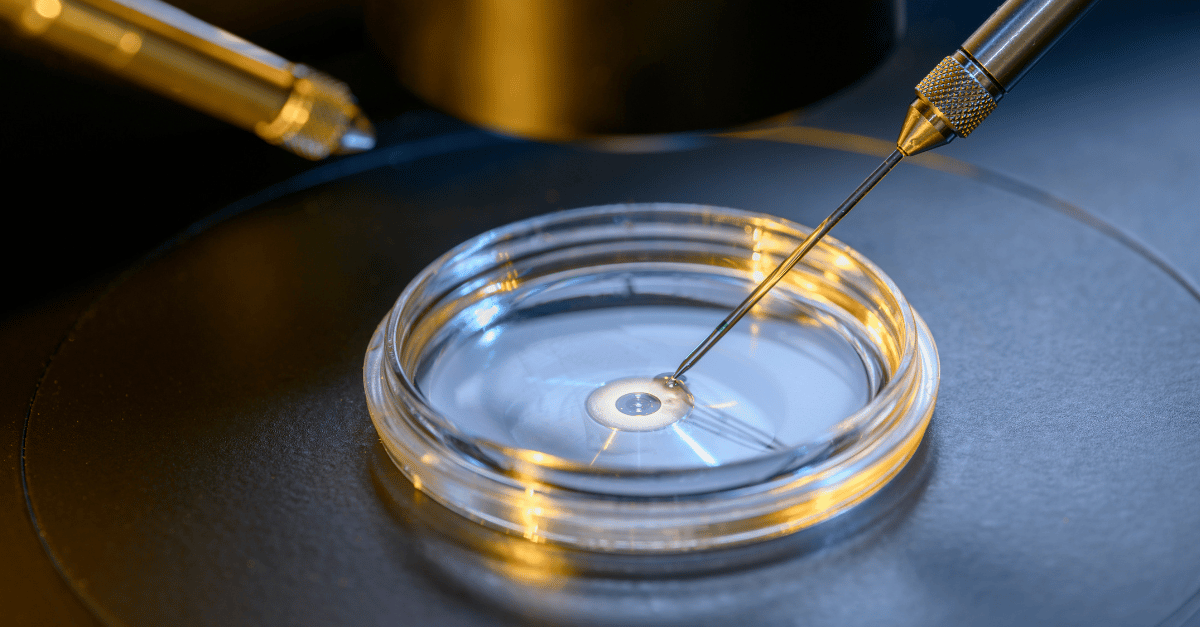 Thinking about surrogacy? If so, it’s essential to understand the two main types: gestational surrogacy and traditional surrogacy. Let’s break down the details so you can make an informed choice on your surrogacy journey.
Thinking about surrogacy? If so, it’s essential to understand the two main types: gestational surrogacy and traditional surrogacy. Let’s break down the details so you can make an informed choice on your surrogacy journey.
Visit Creative Love for more surrogacy related issues.
What Is Traditional Surrogacy?

- Biological Link: The surrogate is the child’s biological mother, as her egg is used in the conception process.
- How It Works: Fertility specialists perform an IUI or IVF treatment using the surrogate’s egg and the intended father’s sperm, or sometimes a sperm donor.
Who Chooses Traditional Surrogacy?
Some intended parents may choose traditional surrogacy if IVF is not an option or if they’re comfortable with the surrogate’s biological connection to the child. However, due to its emotional and legal challenges, traditional surrogacy is now far less common.
What Is Gestational Surrogacy?

- No Biological Connection: In gestational surrogacy, the gestational carrier (surrogate) carries an embryo created from the intended parents’ or donors’ genetic material, with no biological link to the surrogate.
- How It Works: The gestational surrogacy process begins with an IVF procedure, where the embryo is transferred into the surrogate’s uterus. This approach is highly controlled and supported by surrogacy professionals throughout the pregnancy.
Why Gestational Surrogacy?
Most surrogacy agencies and intended parents prefer gestational surrogacy due to the legal clarity and reduced emotional complexities. Gestational surrogacy has also enabled many same-sex couples to become parents, allowing either partner’s genetic material to be used.
Key Differences Between Traditional and Gestational Surrogacy
| Aspect | Traditional Surrogacy | Gestational Surrogacy |
|---|---|---|
| Biological Link | Surrogate is the biological mother | No biological link to the surrogate |
| Process | Involves IUI or IVF with surrogate’s egg | IVF with intended mother’s or donor’s egg |
| Legal Factors | Can be legally complex due to genetic ties | Less legally complicated, as no genetic link |
| Emotional Risks | Higher due to surrogate’s genetic connection | Lower emotional risks for both parties |
| Popularity | Less common due to complexities | Most common due to legal and emotional clarity |
Begin Your Surrogacy Journey with Confidence

Choosing the Right Path for Your Surrogacy Journey
When deciding between gestational and traditional surrogacy, consider the following:
- Biological Connection: Do you want the surrogate to have a genetic connection to the child? If not, gestational surrogacy is the best option.
- Legal and Emotional Factors: Traditional surrogacy can be emotionally and legally complex. Gestational surrogacy, supported by a comprehensive legal contract, offers smoother parental rights for intended parents.
- Availability of IVF: Gestational surrogacy requires IVF, so intended parents should be prepared for the medical procedures and associated costs.
Working with a Surrogacy Agency
Surrogacy agencies guide intended parents through each step, from finding a surrogate to coordinating medical procedures, legal contracts, and more. Visit Creative Love to start your surrogate journey today!
Frequently Asked Questions
Can a surrogate use her own egg in gestational surrogacy?
No, in gestational surrogacy, the surrogate does not use her own egg. The embryo comes from the intended parents or a donor.
Are there higher costs associated with gestational surrogacy?
Gestational surrogacy often involves IVF, which can be costly. However, the legal and emotional clarity usually makes it worth the investment.
Which surrogacy type is better for same-sex couples?
Gestational surrogacy is ideal for same-sex couples, as it allows for a clear legal establishment of parental rights.
Wendy Arker entered the field of infertility with a huge heart and passion to guild others on their quest to grow their own family after her personal journey with infertility and turning to egg donation and sperm donation to create her own family. Being a single-mother-by-choice, Wendy understands firsthand the unique way families are built. Whether you’re a married couple, single, or LBGTQ, Creative Love is committed to assisting you.






